Health
-
Lin Test
text with link. This is a quiz. Some text Name Name Quo modo autem philosophus loquitur? Tecum optime, deinde etiam cum mediocri amico. Invidiosum nomen est, infame, suspectum. Name Name…
-

Gender-affirming care is rare, study says
Fewer than 1 in 1,000 transgender youth receive hormones or puberty blockers

-

Nature offers novel approach to oral wound care
Slug’s sticky mucus inspiration behind adhesive hydrogel that can seal wounds in wet environment

-

Time for a rethink of colonoscopy guidelines?
Change informed by new findings would help specialists focus on those most at risk, researcher says

-

Should pharmacists be moral gatekeepers?
‘The problem is not opioids,’ says author of ‘Policing Patients’ — it’s overdose, pain
-

The deadly habit we can’t quite kick
Actions by tobacco companies worry researcher even amid ‘dramatic decrease’ in smoking among young Americans

-
Pig organs for human patients: A challenge fit for CRISPR
To help develop safe and effective cells, tissues, and organs for medical transplant into human patients, Harvard’s Office of Technology Development has granted a technology license to the Cambridge biotech startup eGenesis.
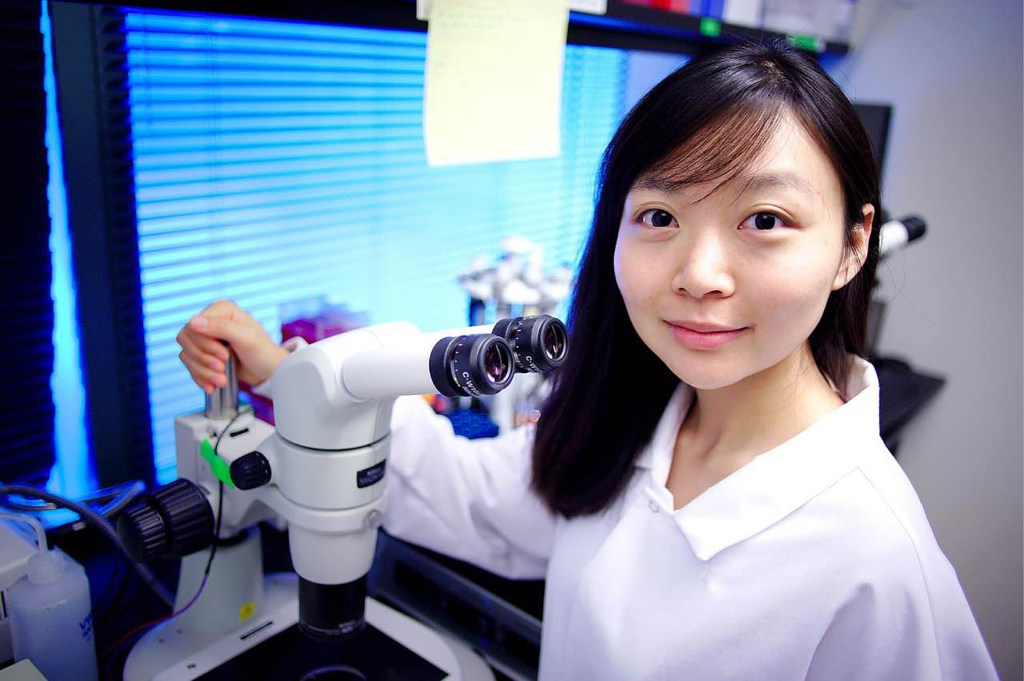
-
New research finds key players in MS progression
Researchers identify the key players involved in the gut-brain connection and their roles in the progression of neurologic diseases, such multiple sclerosis.

-
Leveling the medical playing field
Harvard Medical School graduate Mary Tate wants to reduce the inequities that exist in Americans’ health by reaching out to disadvantaged communities and working to improve their patient care.

-
Food for thought on new ideas
At Harvard-backed “Guppy Tank” sessions, proposals for a new diet that restricts proteins and essential amino acids instead of calories and nutritional supplements to counteract the negative effects of sleep deprivation got feedback from the pros.
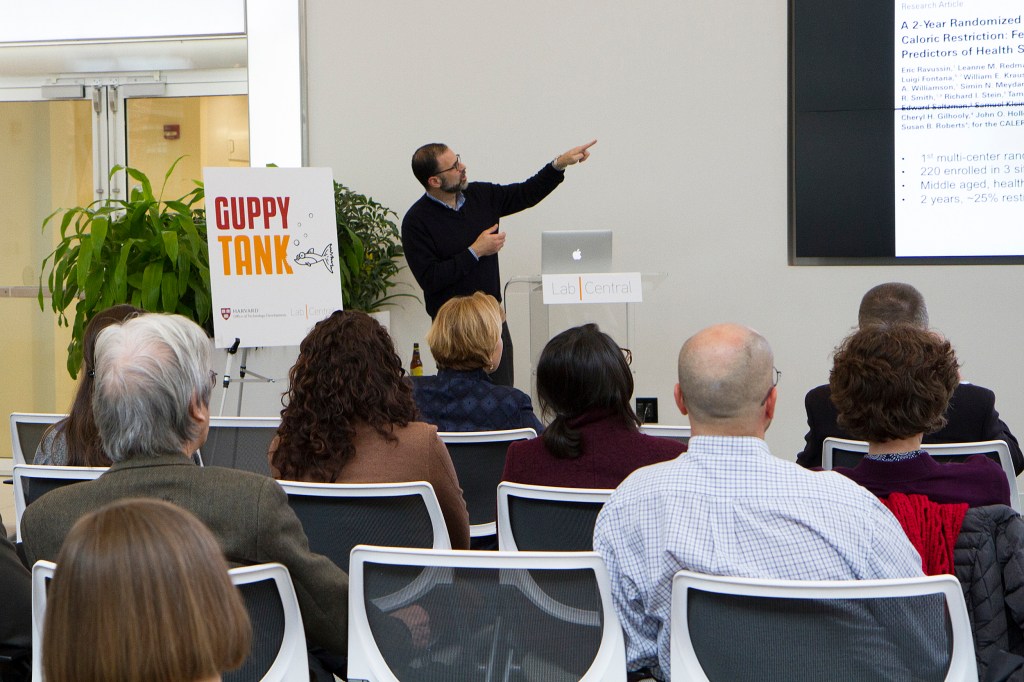
-
No bones about it
“There is a perception that you need to be big and strong to be an orthopaedic surgeon. I like to think it’s more about being smart and thoughtful and using finesse rather than brawn.”
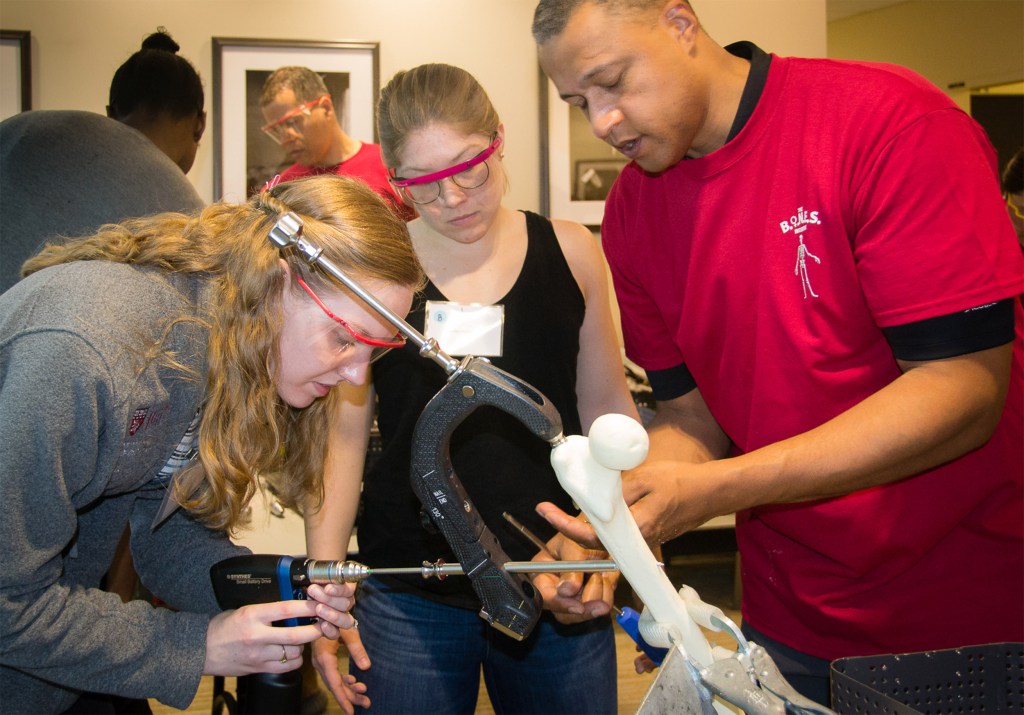
-
Moving beyond the scientific nudge
In a study published in Nature Human Behavior, Harvard’s Michèle Lamont argues that if researchers want to capture a fuller picture of human behavior, they need a new approach that bridges the gap between sociology and cognitive psychology.
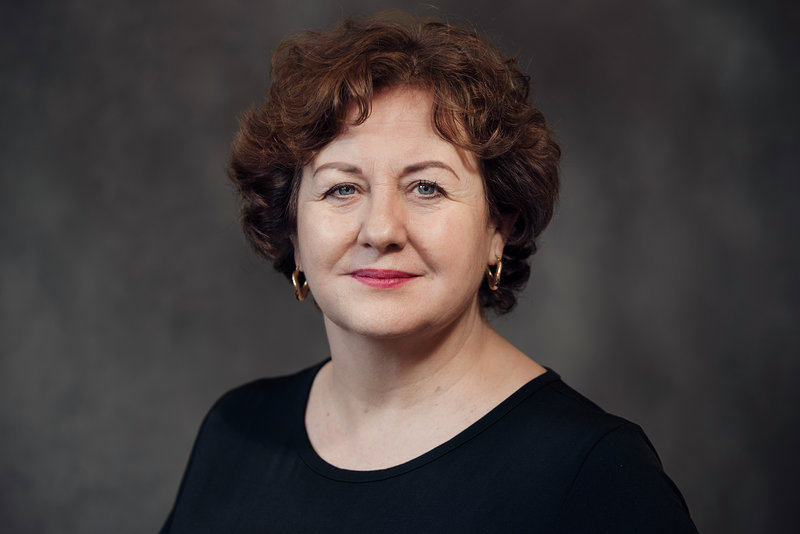
-
Enzyme interference
Researchers discovered that Eggerthella lenta — a bacterium found in the guts of more than 30 percent of the population — can metabolize the cardiac drug digoxin in high enough quantities to render it ineffective. Now, a team of researchers has identified the culprit gene that produces the digoxin-metabolizing enzyme.

-
A master’s degree that’s more than something to sing about
Already the master of 10 instruments and four languages, Jeniris González-Alverio, 29, wanted to earn a degree from the Graduate School of Education that she could use to help children and adults recover from injuries and overcome disabilities.
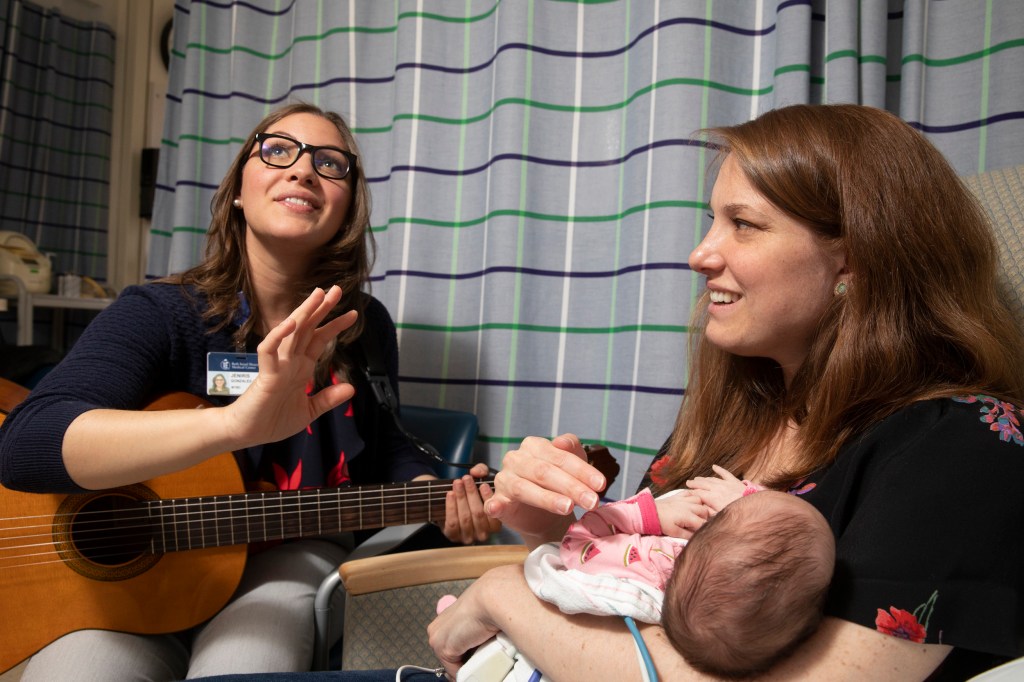
-
Environmental medicine brings climate change to forefront
During a panel discussion at Harvard Medical School, members of Students for Environmental Awareness in Medicine gave the physicians’ perspective on how environmental issues will impact human health.
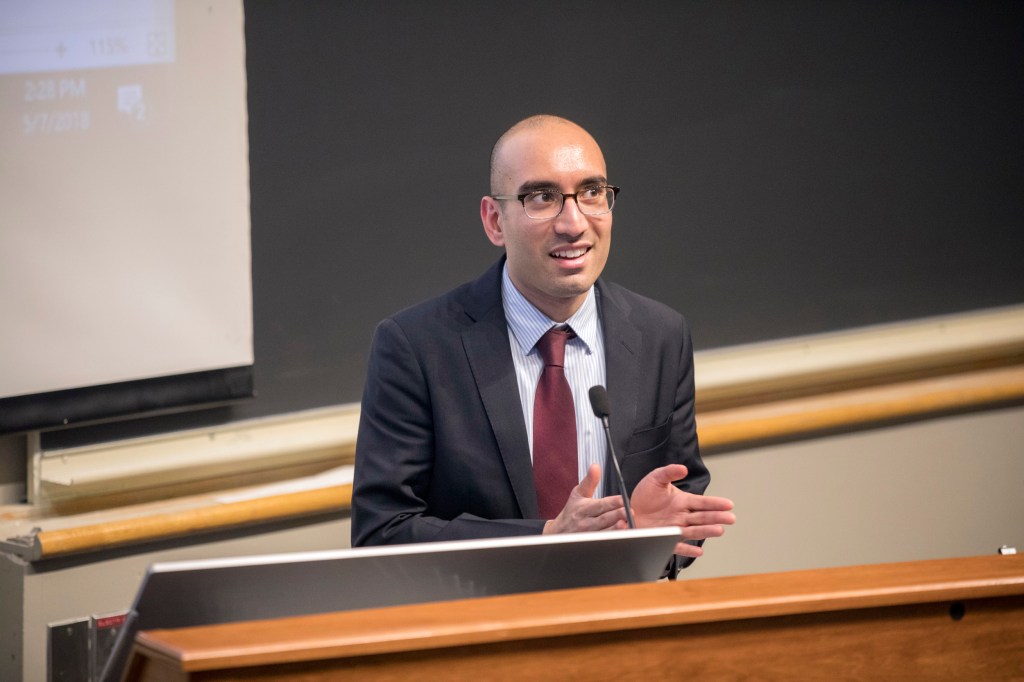
-
Beam Therapeutics receives Harvard license
Harvard University has granted a worldwide license to Beam Therapeutics Inc. to develop and commercialize a suite of revolutionary DNA base editing technologies for treating human disease.
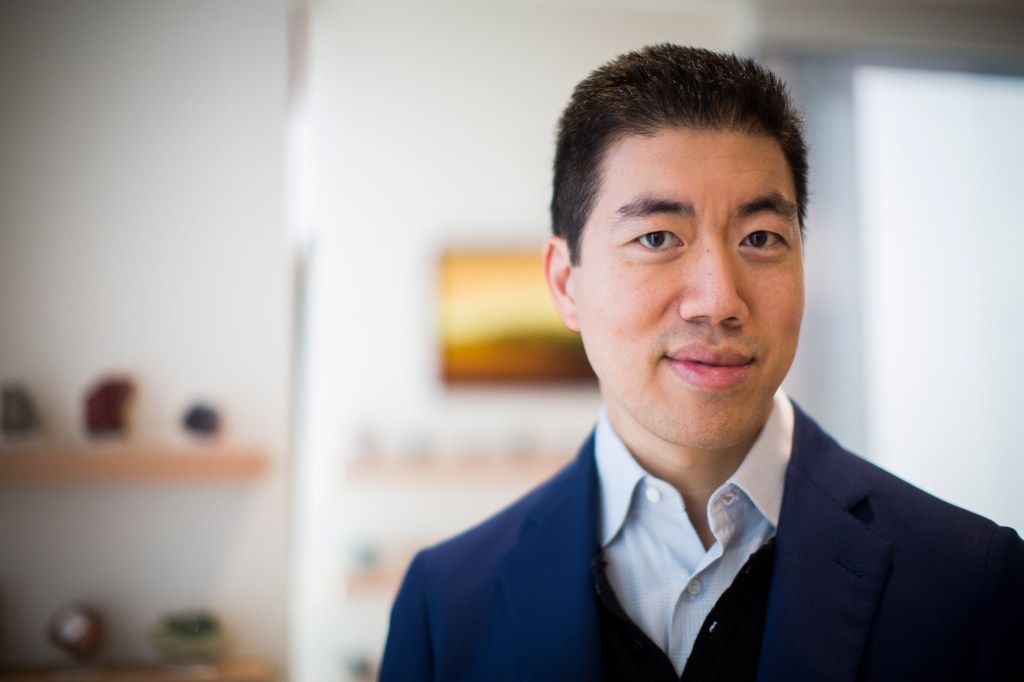
-
Checking the progress of self-driving cars
Panelists at the Harvard Chan School discussed the future of self-driving cars.
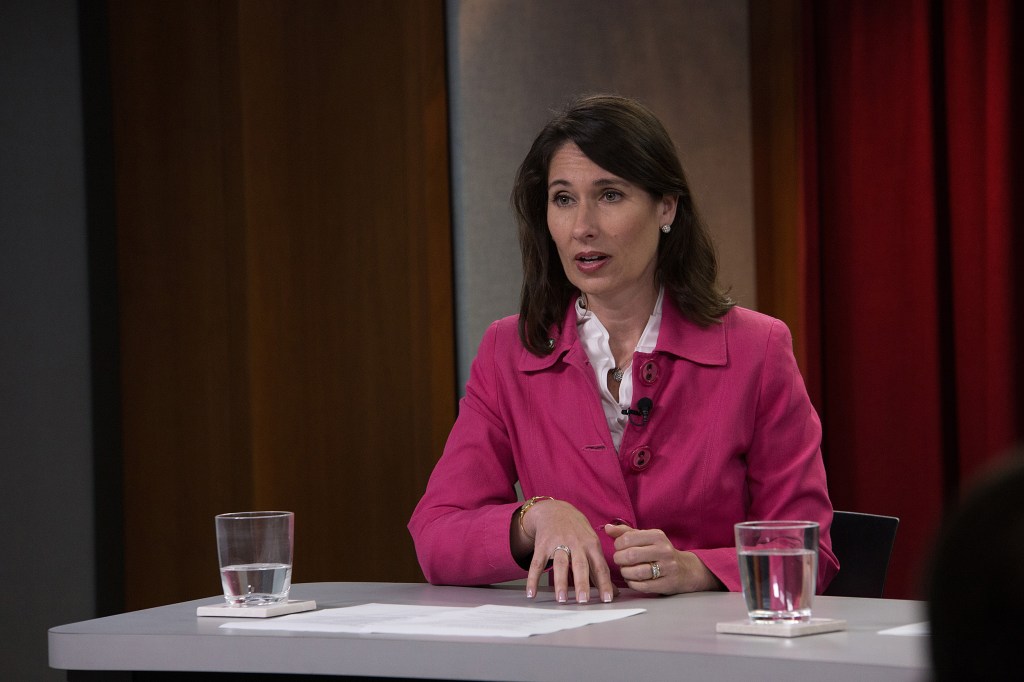
-
Reducing a global killer: Traffic accidents
The Harvard Global Health Institute, the Lakshmi Mittal South Asia Institute, and the Safe Life Foundation sponsored a half-day symposium to examine the causes of traffic accidents worldwide, and ways to reduce their number.
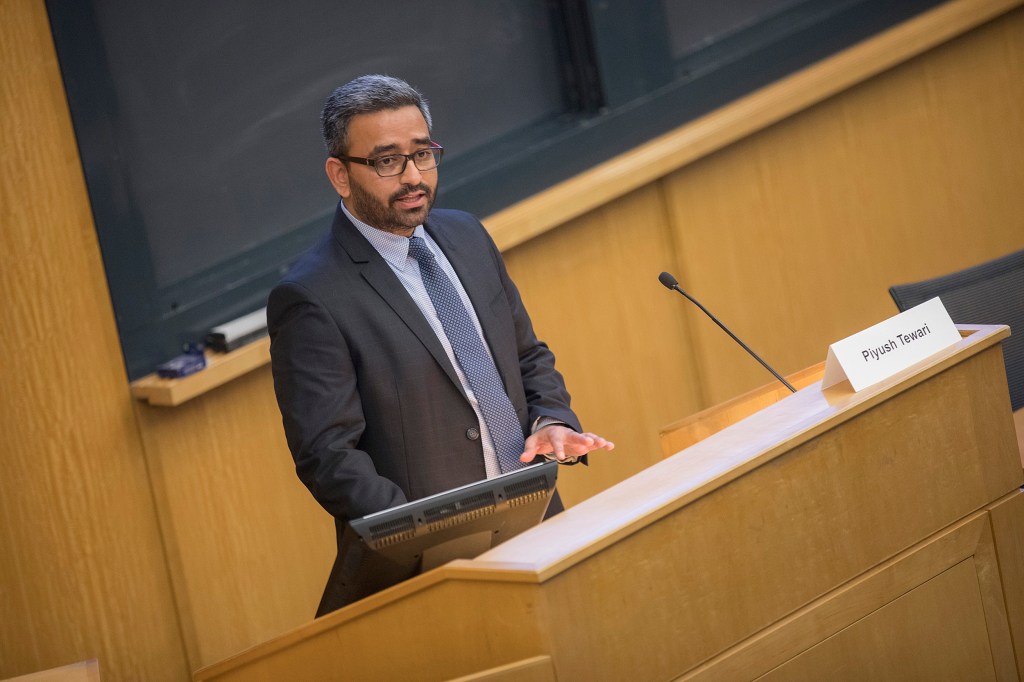
-
Uncertain chapter in dental student’s life
Lindsay D’Amato took a circuitous route from Missouri to the Harvard School of Dental Medicine, via graduate school in California, a two-year Peace Corps stint in Panama — and a detour for brain surgery.
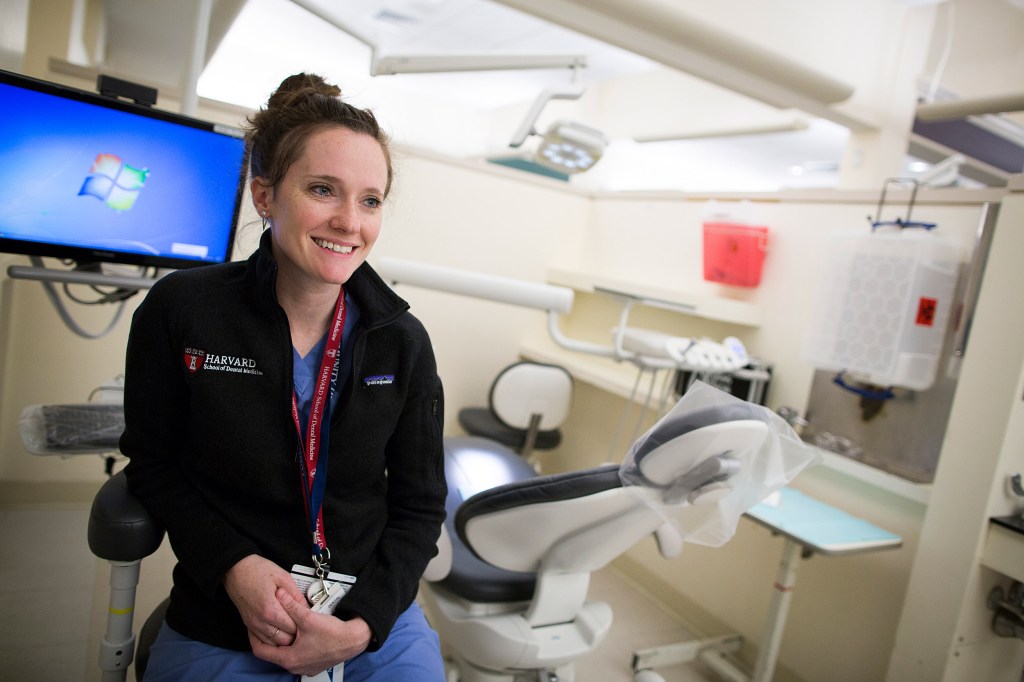
-
Five healthy habits to live by
A new Harvard study has found that by following five healthy lifestyle habits during adulthood, your life expectancy may increase by a decade or more.

-
For new medicines, turn to pioneers
A new study shows that scientific research driven by curiosity is “the best route to the generation of powerful new medicines.”
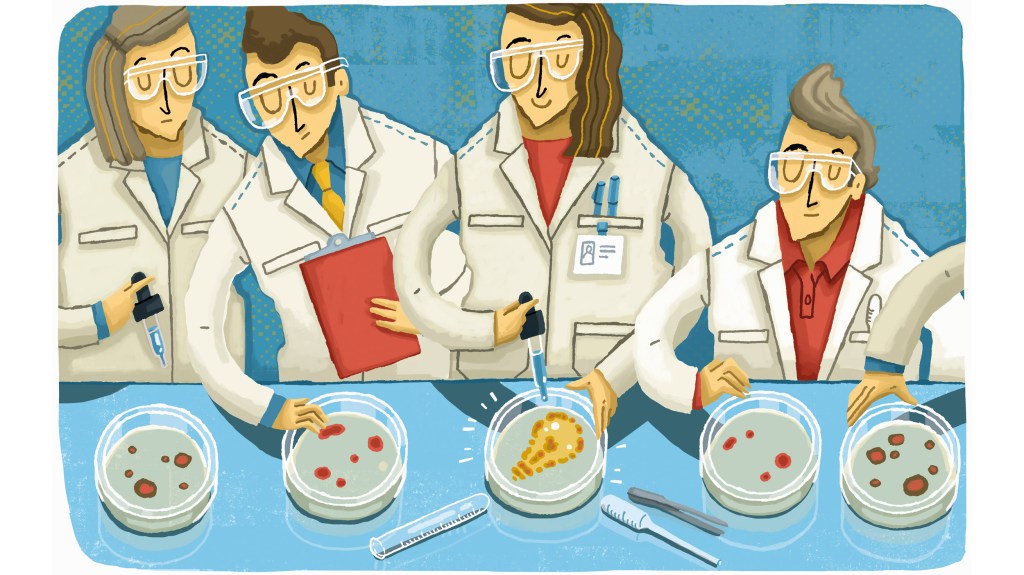
-
Exercise may help make heart younger
In a new study performed in mice, Harvard researchers found that exercise stimulates the heart to make new muscle cells, both under normal conditions and after a heart attack.
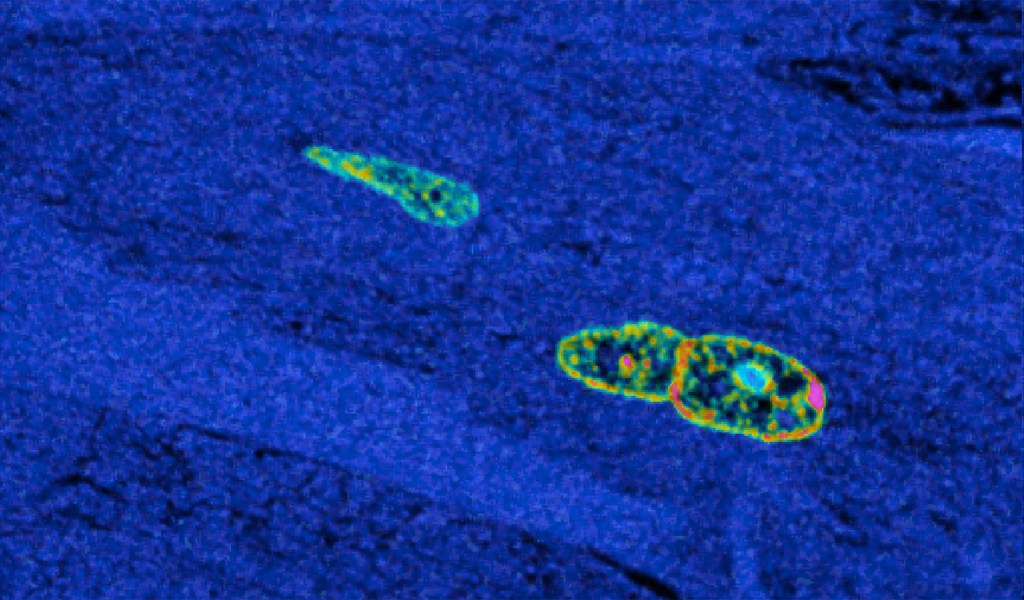
-
Progress and challenge on Alzheimer’s
Harvard epidemiologist Albert Hofman said most Alzheimer’s cases are likely related to non-genetic causes, particularly vascular health, which explains decreased incidence of the disease in recent years.
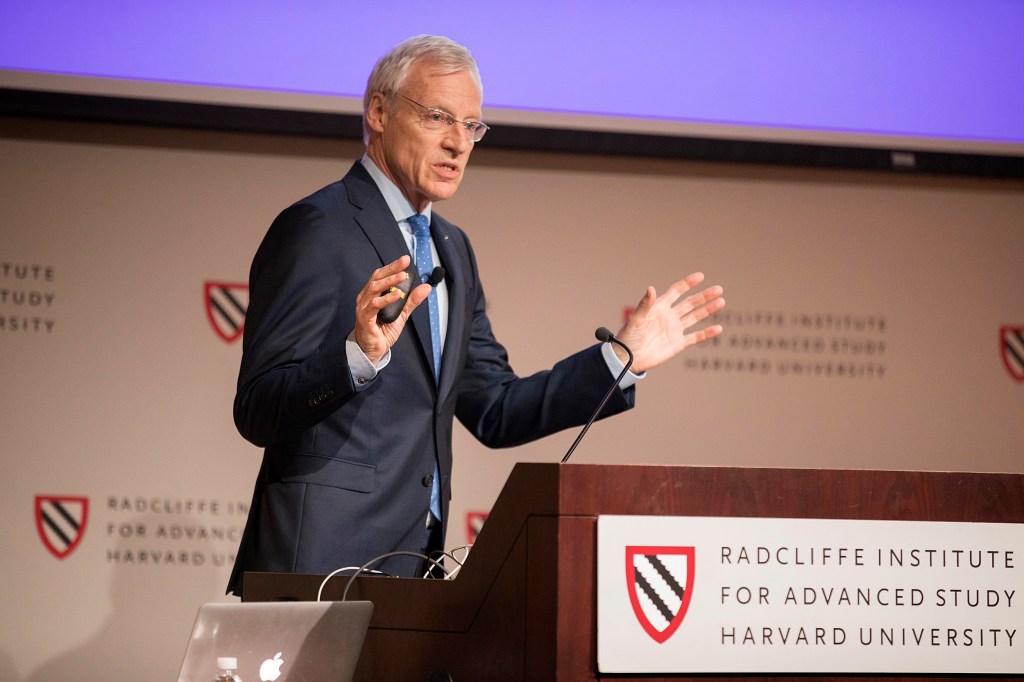
-
Through the lens of black health
Tania Fabo’s ambition is to bridge the gap between biomedical research in the laboratory and public health efforts to reduce health inequalities among minorities.

-
Harvard’s immersion in neuroscience
In a Q&A session, Harvard Provost Alan Garber talks about the recent “Faculty Symposium: Insights in Neuroscience,” hosted by his office and the Life Sciences Steering Group, about science broadly at Harvard, and the growing interdependence among all scientific disciplines.
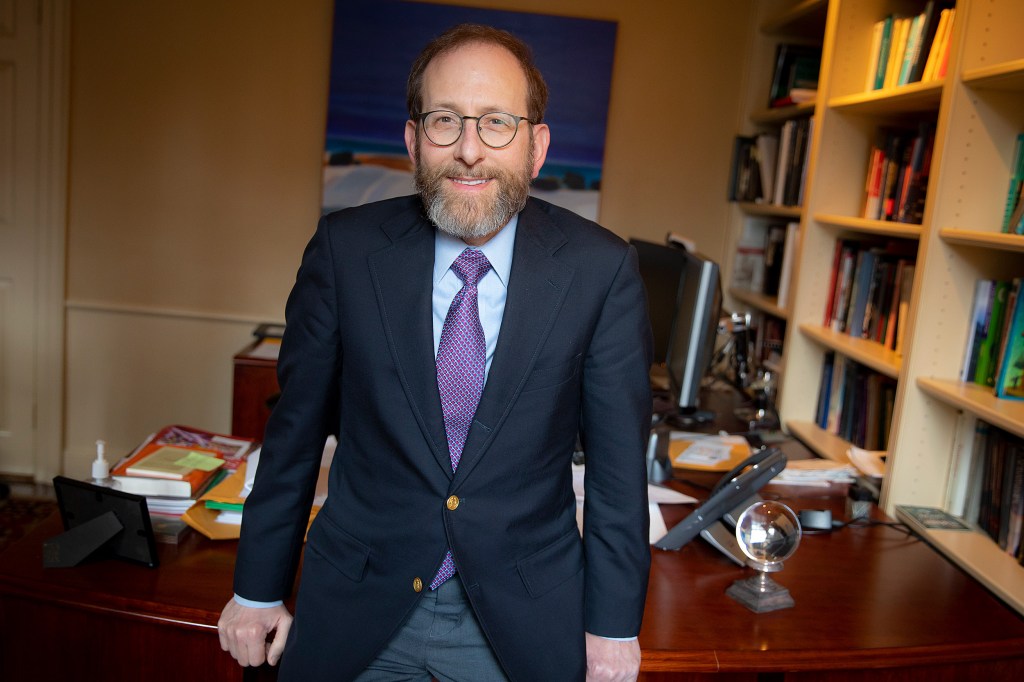
-
Research sheds light on how parents operate
In a new study, Harvard researchers describe how separate pools of neurons control individual aspects of parenting behavior in mice.

-
With mindfulness, life’s in the moment
Rooted in Buddhism, mindfulness meditation has developed a prominent perch in the self-help movement. Its popularity has been fueled by research that indicates mindfulness often reduces stress and promotes emotional well-being.
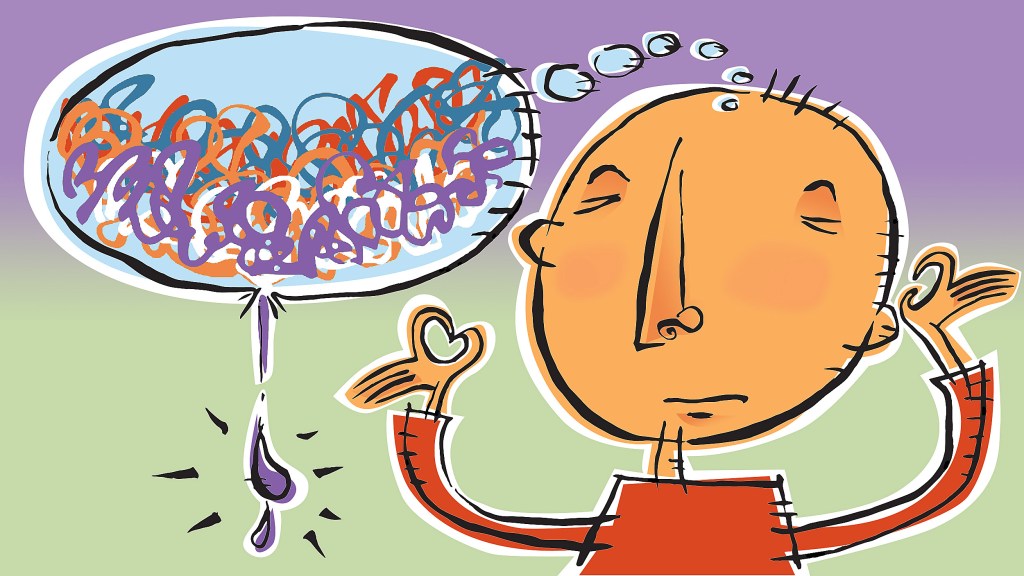
-
Biology without borders
To increase scientific understanding of biological systems, Harvard is launching an interdisciplinary research effort called the Quantitative Biology Initiative, with support from University President Drew Faust and Dean Michael D. Smith.
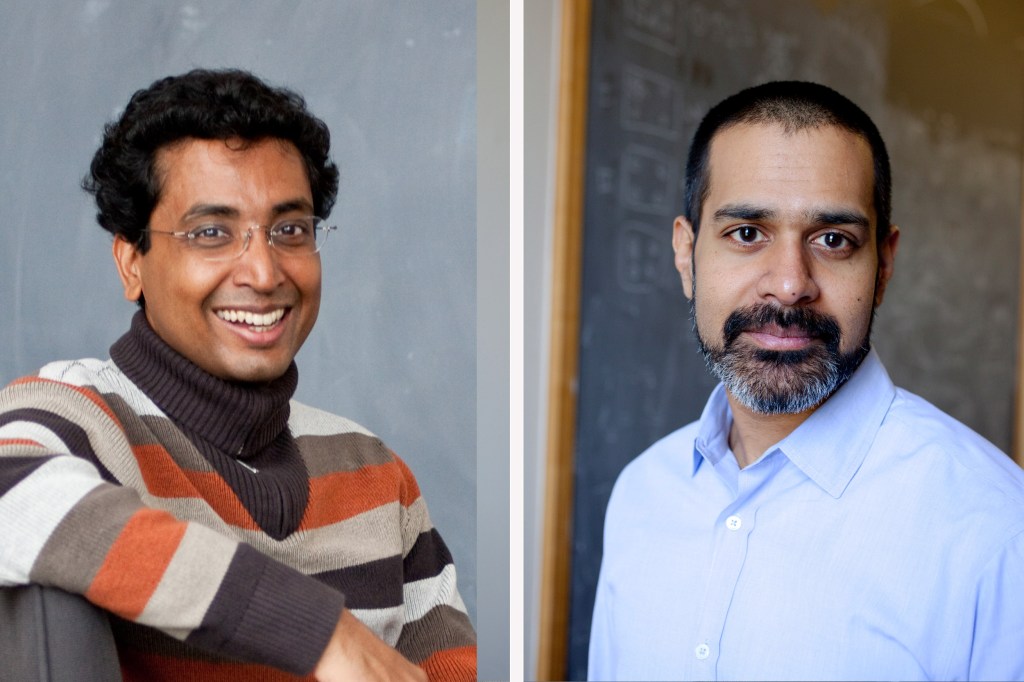
-
Let me compliment you, sort of
If you’d like to boost your status and get colleagues at work to like you, be aware that offering a backhanded compliment will undermine both of those goals, a Harvard Business School working paper concludes.

-
When science meets mindfulness
Researchers at Massachusetts General Hospital and Harvard Medical School are examining how mindfulness meditation may change the brain in depressed patients.

-
Treating inflammatory arthritis with hydrogel
To better manage inflammatory arthritis, bioengineers and physicians have developed a delivery system for getting anti-inflammatory therapies to the sites where they are needed most.

-
Probing the sleep-deprived brain
Nora D. Volkow, director of the National Institute on Drug Abuse, spoke at Radcliffe on the harmful effects of sleep deprivation.
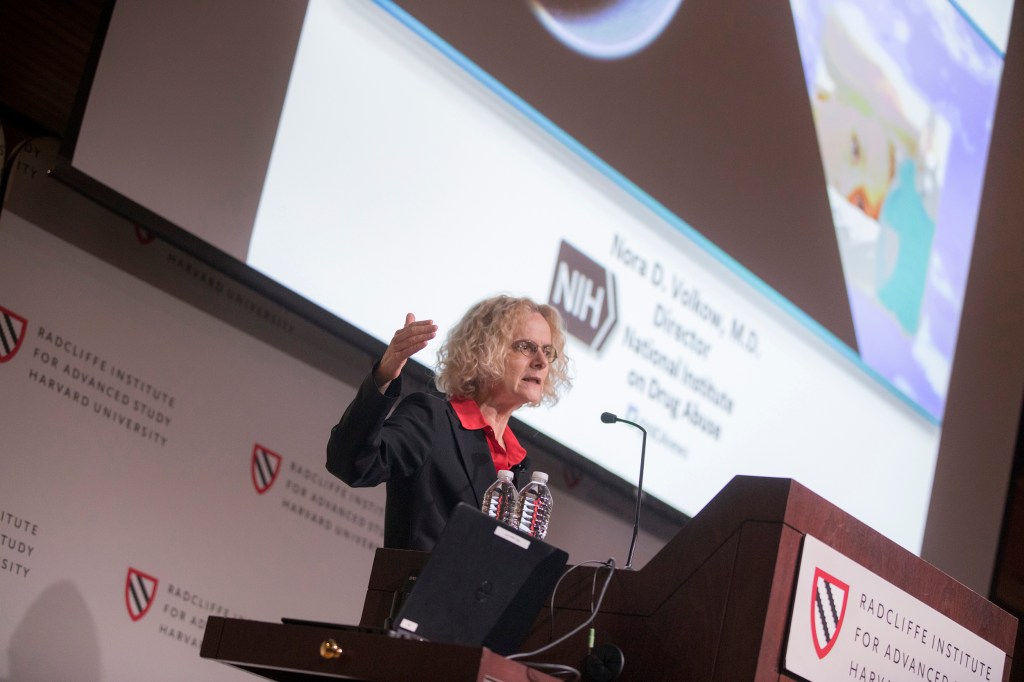
-
Expert advice for reducing obesity: Take the blame out of it
Fatima Cody Stanford, a leading expert on obesity, is exploring the impact of behavioral and environmental factors in the complex processes of weight regulation.
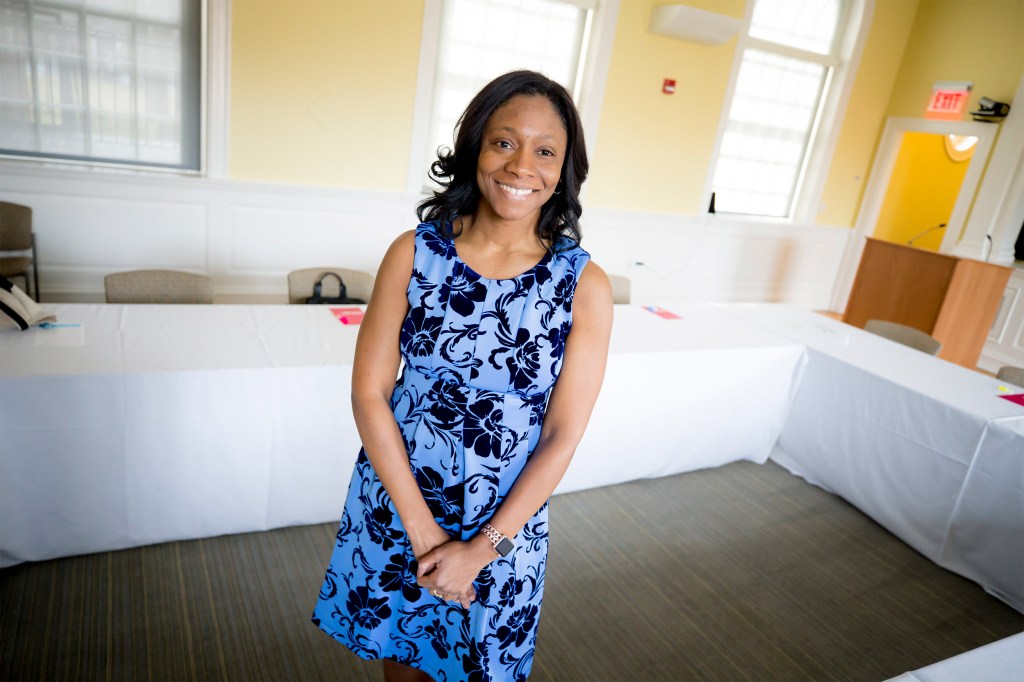
-
Making global health a collaborative effort
Assistant Professor Brittany Seymour sent three Harvard School of Dental Medicine students into the field in Costa Rica to learn firsthand that dental care is a global issue.

-
Keeping the genetic code clean
Researchers have taken the first step toward removing unwanted cells by converting the CRISPR/Cas9 genome-engineering system into a genome-surveillance tool that removes newly occurring disease-associated mutations.
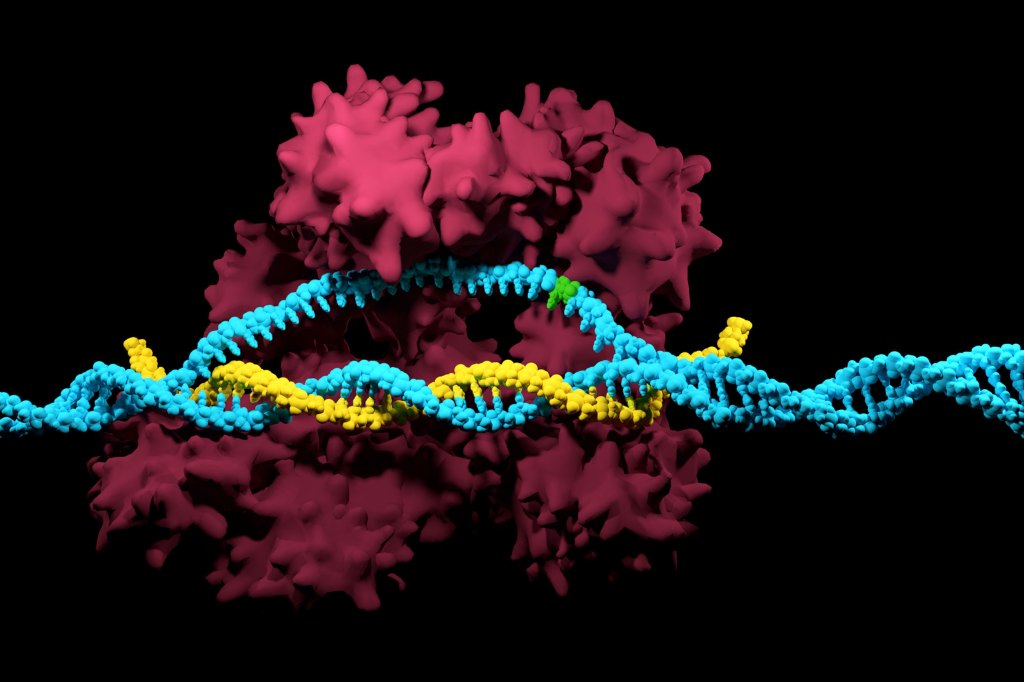
-
E-cigarettes’ usefulness for quitting smoking uncertain
A new study examines the uncertainty of whether e-cigarettes can help smokers quit and the urgent need for randomized, controlled trials.


